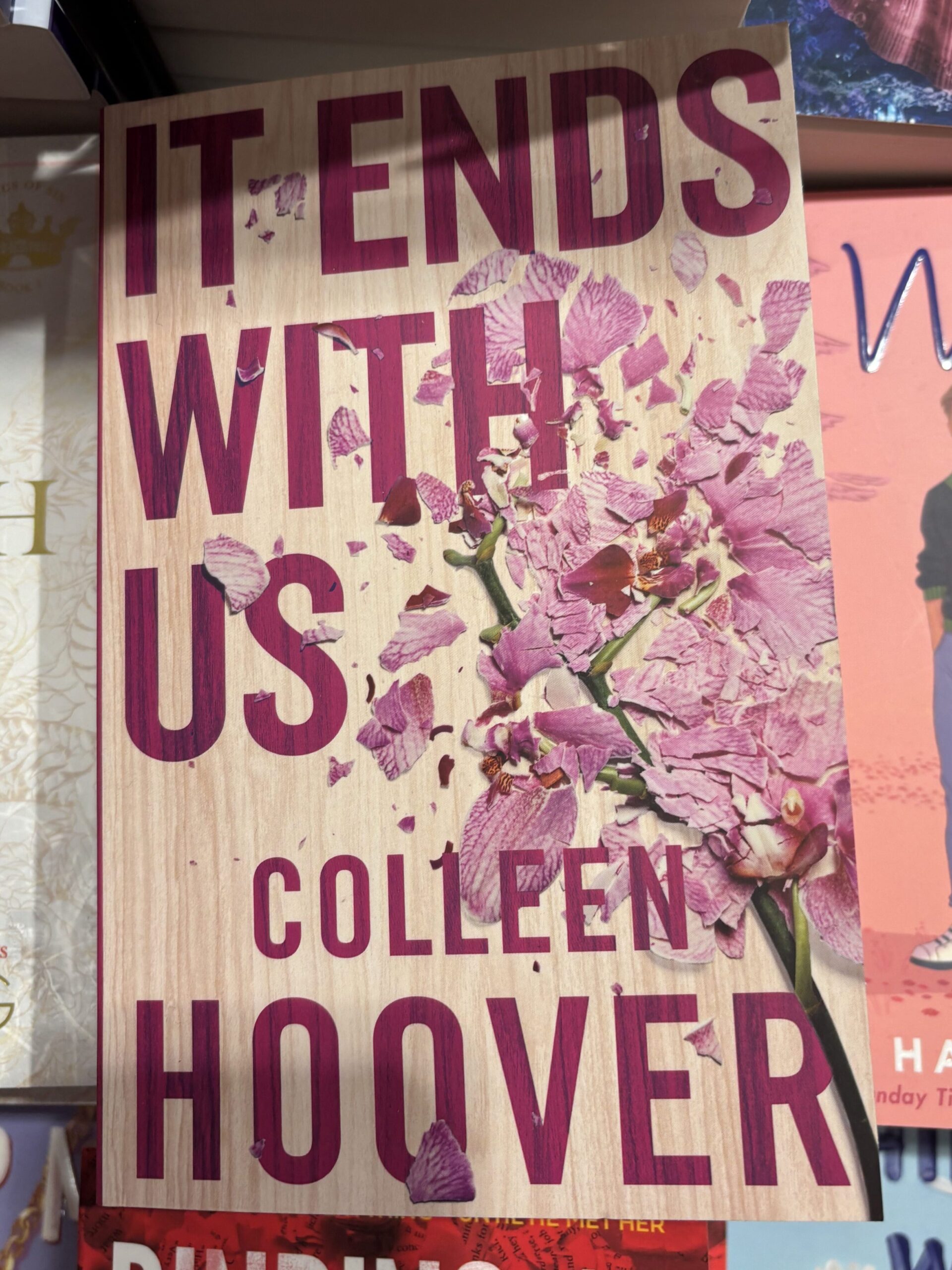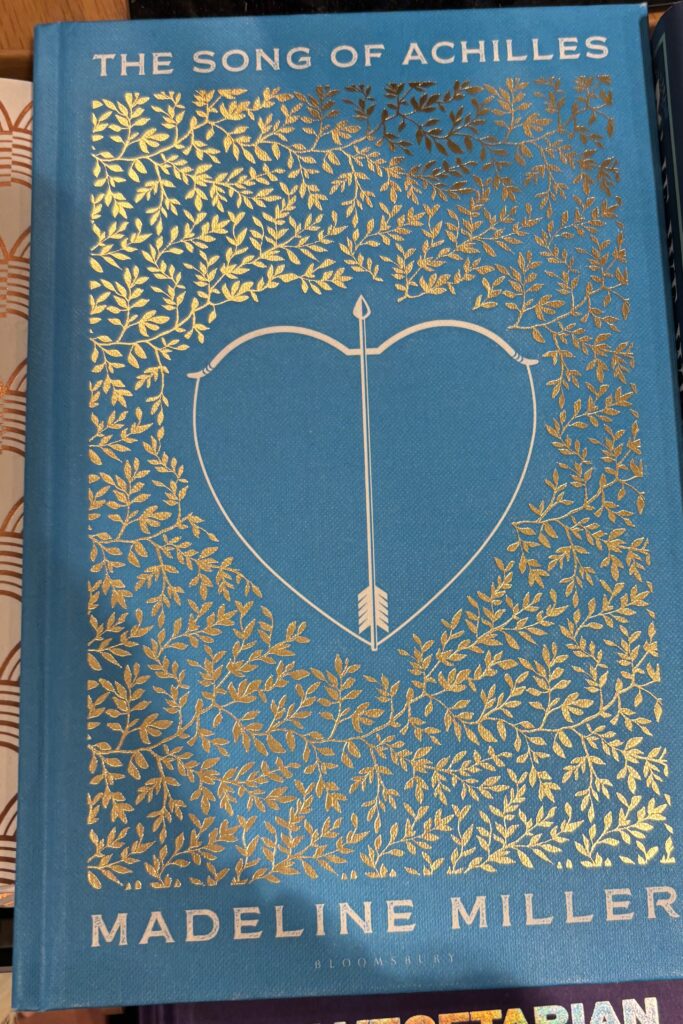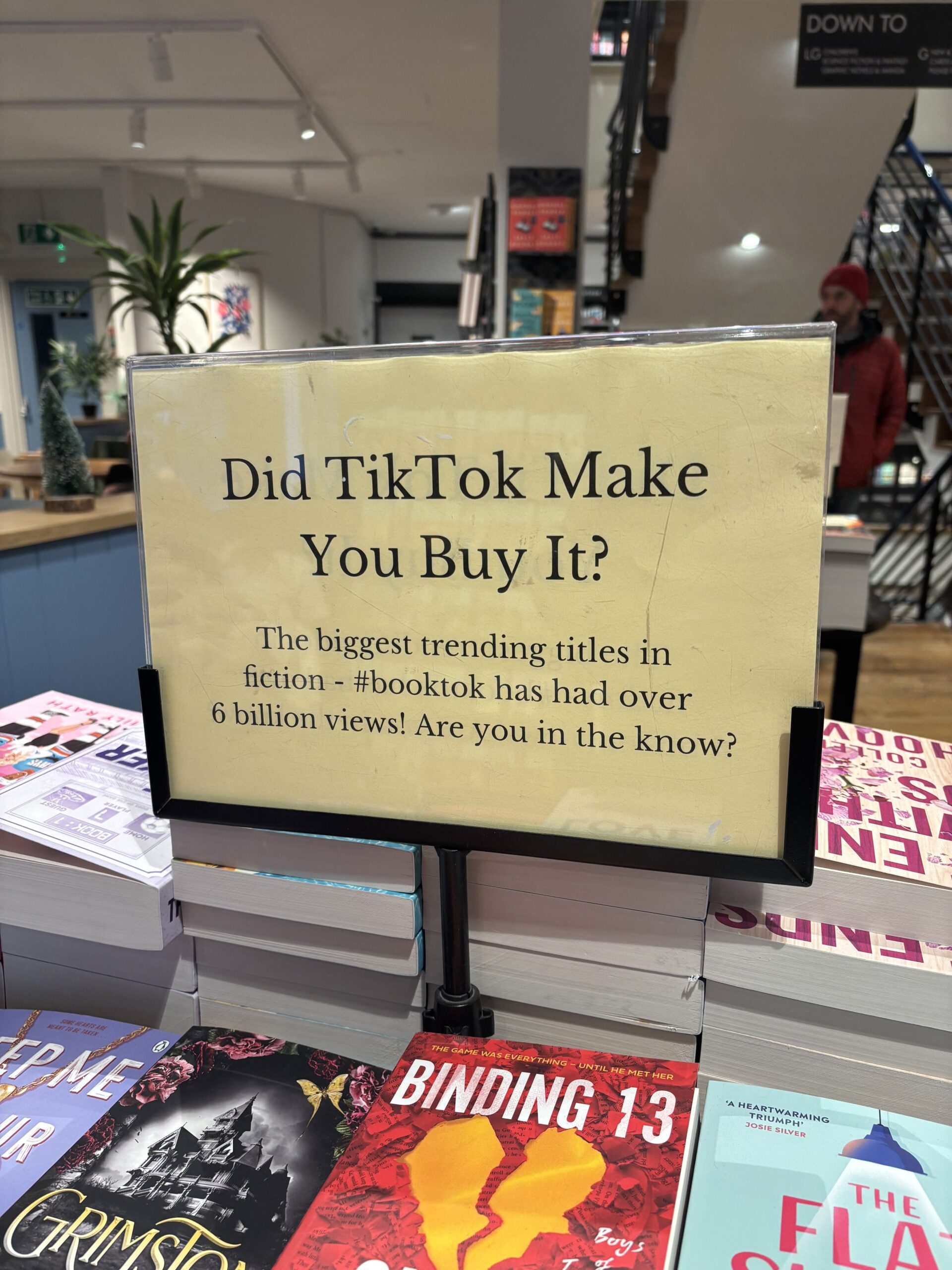In recent years, BookTok – considered a vibrant corner of TikTok dedicated to book lovers – has gained a lot of popularity, especially after COVID-19. What began as a platform to discuss literature has grown into influencing the sales of books, trends, and creating an online community for passionate readers.
However, as BookTok keeps growing its influence, some critics have raised concerns that the platform may be creating a culture of anti-intellectualism.
Anti-intellectualism is defined as a ‘mistrust of intellectual pursuits, expertise, and discourses.’ This concept can manifest in the different rejections of complex ideas or in the preference for simplified and populist views, as most of the plots of books promoted on TikTok. Whilst BookTok has brought a new perspective to books and reading, its rapid rise in popularity has sparked debate about whether it promotes a superficial approach to literature that only focuses on entertainment rather than giving an intellectual depth with the help of critical thinking.
To understand this connection between BookTok and anti-intellectualism, it’s important to have a perception of TikTok’s rise.
BookTok began as a safe space for young readers where they could share book recommendations and engage in critical discussions in catchy and short videos. During this period of time, the use of the hashtag #BookTok led everyone to rediscover some of the most popular books of these past five years such as The Song of Achilles by Madeline Miller and It Ends With Us by Colleen Hoover.


The appeal and main concept of this platform is clear: fun, social and overall, personal.
The appeal and main concept of this platform is clear: fun, social and overall, personal. Users post videos where they talk about books, their favourite characters or even new releases they’re looking forward in the next couple of months. The platform is fully community-driven, with creators building an identity based on their favourite characters, genres and clichés, and literary tropes.
However, critiques have put an emphasis on the emotional connection over the intellectual analysis and have risen valuable questions about the discourses happening in the platform. Does the focus on populatiry, emotional and easily digestible reads come at the expense of more intellectual readings of literature?

One of BookTok’s most distinct strengths is its ability to make literature feel accesible and relevant to a broader audience. For many, this platform introduces them to books they might not have otherwise discovered, introducing reading to new people and sparking a love for books that could last a lifetime.
In this sense, BookTok is democratising literature and making it fun, relatable, and approachable, especially for young readers who may feel disconnected from traditional literary circles.
However, BookTok’s emotional appeal can be considered a ‘double-edged sword’. The platform emphasises on the so-called “feel-good” moments, relatable characters, and dramatic plot twists means that the books gaining popularity are often those accentuating emotional payoff instead of an intellectual challenge and a critical thinking.
Most of the novels that go viral on BookTok are romance novels, thrillers or fantasy series with easily understandable plots, and characters that provoke emotinal reactions.
Books like A Court of Thorns and Roses by Sarah J.Maas or The Seven Husbands of Evelyn Hugo by Taylor Jenkins Reid, are often dismissed by literary critics as being used by readers as an escapism rather than for intellectual engagement.
One great example is The Book Thief, written by Markus Zusak that is set in Nazi Germany and explores themes such as morality, guilt, and the power of reflecting on the role of history in shaping individual and collective memories.
Even though these types of books are still popular in BookTok, they offer much more emotional engagement and they invite readers to discuss the social and political contexts in which they were written, allowing them to have more in-depth conversations and discussions.
The sensational nature of this platform can make readers believe that these are the “best” books to read because many people advertise them, avoiding more challenging and experimental works that require deeper analysis.
If we’re talking in a wider cultural context, this trend can be seen as a way of shifting away from critical and intellectual literature. BookTok’s criticism could be compared with how reality TV has been criticised for prioritising entertainment over substance, as the online platform puts at the forefront the emotional connection and viral appeal of a book.
With BookTok filled with passionate people engaging in discussions about the books they love, the platform’s format – full with short videos – may not lend itself easily to deeper intellectual discourse. Unlike traditional book clubs where longer discussions and analyses of themes, symbolism, and narrative techniques are the norm, BookTok videos are not as analytical as these discussions as they’re in a platform where brevity thrives.
The constant stream of book recommendations and book hauls rarely engages with complex literary concepts such as social, political and historical contexts in which books are written. Whilst some creators often offers insightful analyses, the overwhelming focus remains on immediate emotional impact rather than a critical examination of the literature.
This lack of intellectual engagement can be frustrating for readers who actually enjoy deeper plots. Critics argue that this trend of writing easy-reading plots is the kind of anti-intellectualism they fear, an environment where emotional reactions dominate in favour of viral content.
As BookTok continues to shape the book world, it will likely continue to balance between being a fun, emotional space and a platform for deeper engagement. The real question is whether this balance can be maintained, and if this community can expand the conversations and discussions to embrace the joy of reading and the intellectual critical thinking that many miss.
I definitely think it’s a bit of both!! I’ve found some really intellectual books on TikTok, but at the same time I’ve read things like It Ends With Us because of TikTok which I probably wouldn’t have read otherwise and although entertaining, it wasn’t particularly intellectual.
I totally agree with you! One of my favourite books was really popular in TikTok at the time but I wasted my time reading It Ends With Us thinking it was going to be any good…